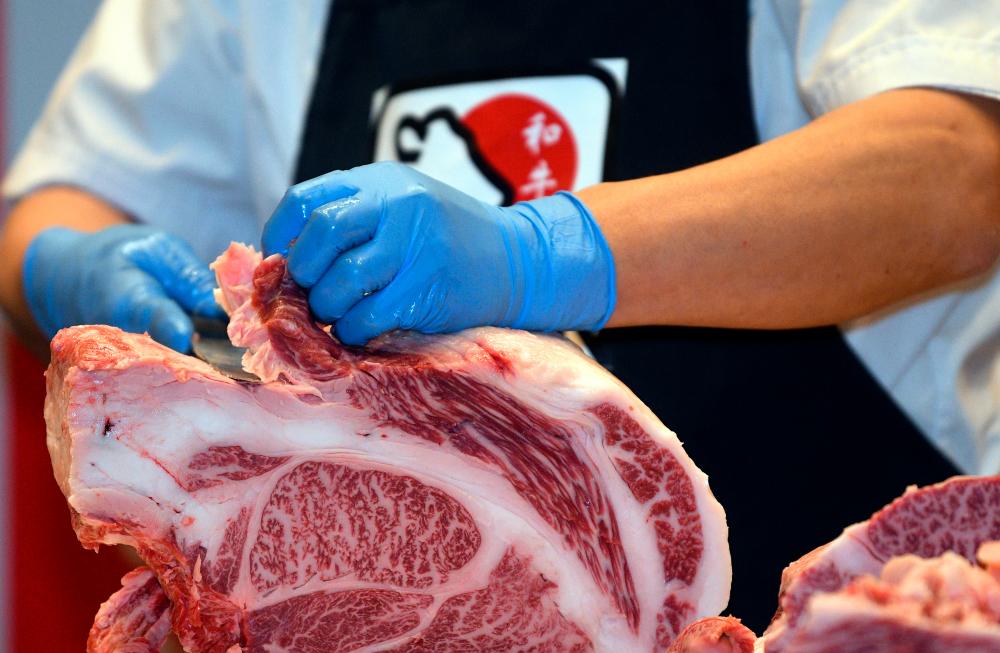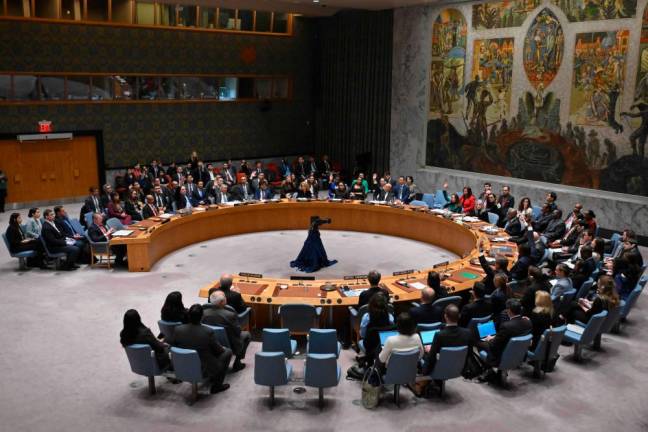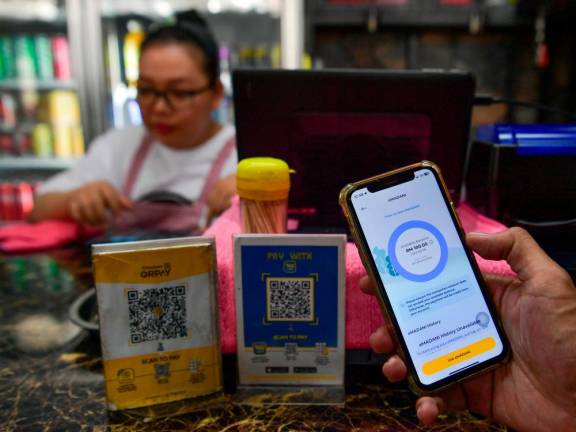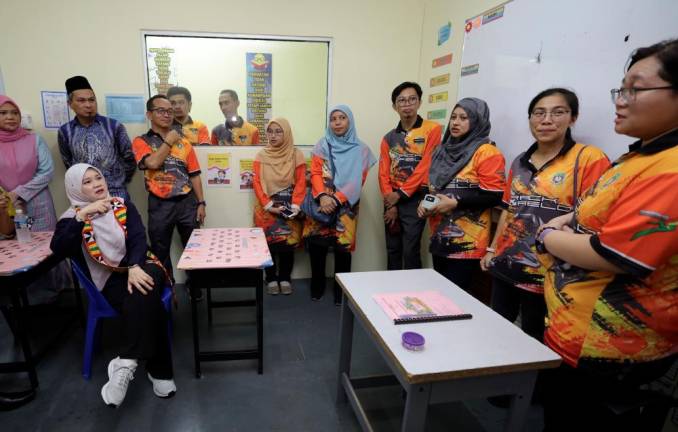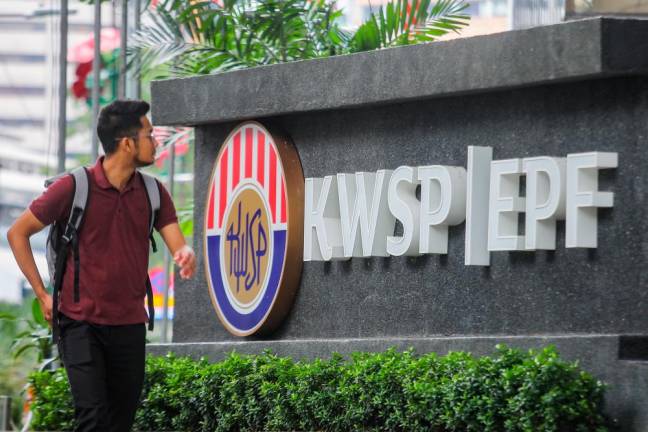PETALING JAYA: Malaysia continues to depend on food imports, which in 2020 amounted to a record-setting RM55.5 billion, in order to meet the country’s consumers’ needs and demands.
As an import-dependent country, food security has been an important topic for many years. This risk has increased as a result of the current Covid-19 health emergency, and will become even more urgent in the face of future inevitable climatic, environmental, and health-related shocks.
The implementation of the national Movement Control Order (MCO) to curb the Covid-19 pandemic, whereby only essential services were allowed to operate with restricted hours and number of employees, adversely affected food production.
The MCO has also significantly restricted consumer purchases, which in turn has caused selected agricultural commodities to record high Self-Sufficiency Ratio (SSR) compared with the previous year.
According to the Department of Statistics Malaysia, we are highly dependent on imports of mutton (RM879.4 million), mango (RM87.9 million), coconut (RM266.1 million) and beef (RM2.2 billion) - respectively from Australia, Thailand, India and Indonesia - to meet domestic demand.
The data also shows the staggering high import bill of chilies, ginger, and round cabbage. This is clearly unsustainable.
The modernisation of agriculture and aquaculture is imperative to bring the people of Malaysia and its economy into the 21st century digital world. As the Patron of the Future FoodTech Festival 2021 - an upcoming Thought For Food Foundation Southeast Asia Next Generation regional event - Tun Dr Daim Zanuddin calls for focussed attention to rejuvenate our food-based agriculture sector through digital and technological adoption.
“The Future FoodTech Festival will show how existing and future food innovations can achieve food sustainability and better health for everyone. This event will catalyse food innovation and power-up the supply chain to reshape the agri-food sector,”said Daim, who is a former finance minister of Malaysia and senior advisor of the Thought For Food Foundation Southeast Regional Hub, headquartered in Kuala Lumpur.
Daim has been relentlessly calling for the country’s and region’s young people to be involved in agriculture and aquaculture. The unemployment number at national level surpassed a pre-pandemic threshold and remained high at 768.7 thousand people in June 2021.
He strongly believes that the development of a technologically-advanced and sustainable agriculture and aquaculture industry will be the key to resolving the many issues that we currently face in Malaysia, such as this unemployment, as well as food scarcity, rising cost of living, poverty, malnutrition, climate change, and environmental degradation.
Malaysia has much to offer in the space of Agri-Food Tech, and is poised to become a global leader if supported with the right levels of investment and support. As an English-speaking country with high levels of education and great diversity, next-generation innovators can rely on Malaysia to both launch their own businesses and hire from the highly-skilled workforce available to them.
These were the driving factors that lead the global not-for-profit foundation Thought For Food (TFF) to choose Malaysia to be the location for their first Regional Hub for Southeast Asia.
Through TFF’s comprehensive suite of next-gen innovation programmes in driving locallyrelevant innovation, Malaysia is set to be positioned as the epicentre of food and land use innovation in Southeast Asia and the world. TFF has been engaging in numerous ways to catalyse their network of locally-based next-generation innovators in Malaysia and Southeast Asia to galvanise local startups, students, and entrepreneurs.
“We need to innovate what we eat and how we produce food responsibly - to not only improve food security and reduce our environmental impact, but also to build a well-nourished society.Young people are instrumental in shaping the future of food. ‘Young people represent an unprecedented force for economic growth and human advancement, they are the largest, most globally-connected, well-educated, entrepreneurially-minded, technologically-savvy, sociallyengaged generations the world has ever seen! Rapid urbanization with large youth populations created an unprecedented force for innovation,” said Christine Gould, Founder & Global CEO of Thought For Food Foundation.
The 2021 Future FoodTech Festival is most timely and relevant as the rising concern about food security has triggered the search for alternative, sustainable sources of food and nutrition.
It dovetails with our National Food Security Action Plan 2021-25 which was launched recently by former prime minister Tan Sri Muhyiddin Yasin with focus on initiatives towards a sustainable food system from factor inputs of land, manpower, and technology, to post-harvest handling, supply-chains, and alternative food systems. The former premier also launched the National Nutrition Policy as a continuous effort to combat the problem of malnutrition in the country.



